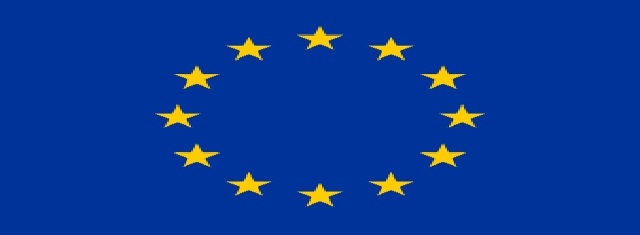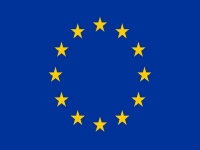Health
THE LARGEST CIGARETTE COMPANIES PROMOTING PRO-BUSINESS REGULATIONS
TO DELAY HEALTH INITIATIVES

EUROPE FLAG
USPA NEWS -
The world´s largest tobacco companies were instrumental in promoting Europe-wide, pro-business regulations that they used to delay health initiatives. Previous research by the University of Bath´s Tobacco Control Research Group (TCRG) concluded that transnational tobacco companies (TTCs)...
The world´s largest tobacco companies were instrumental in promoting Europe-wide, pro-business regulations that they used to delay health initiatives. Previous research by the University of Bath´s Tobacco Control Research Group (TCRG) concluded that transnational tobacco companies (TTCs) advocated the introduction of “˜Better Regulation´, anticipating that it would make it harder for governments to enact public health policies.
Tobacco smoking kills one in two long-term users, and 207,000 children are estimated to take up smoking each year Standardised packaging aims to reduce the impact of smoking on health by eliminating TTCs´ last remaining marketing opportunities. Under the measure, all packs will be printed in a drab brown colour, without logos, brand imagery or promotional text. A large body of peer-reviewed research shows that this measure is likely to both reduce the appeal of cigarettes among young people and increase the effectiveness of health warnings, thereby contributing to reducing smoking rates.
The research examines TTCs´ attempts to use “˜Better Regulation´ processes to prevent the introduction of standardised packaging in the UK. It documents the quality and relevance of evidence cited by four TTCs ““ British American Tobacco, Imperial Tobacco Group, Japan Tobacco International and Philip Morris International ““ in their submissions to a public consultation on standardised packaging held in the UK in 2012. It critically examines the techniques they use to misrepresent evidence supporting standardised packaging and the quality of their data on the illicit tobacco trade
Research findings in context Independent research into standardised packaging has consistently found that there is strong evidence that the measure will reduce the appeal of tobacco products and increase the prominence of health warnings, and that there is no indication that standardised packaging is easier to counterfeit (Moodie et al., 2012).
In their submissions to the 2012 consultation, TTCs contested these arguments and cited an alternative body of evidence, much of which was commissioned by them, to claim that standardised packaging would not have discernible health benefits, would boost the illicit trade in tobacco and would have a negative impact on the economy.
In their submissions to the 2012 consultation, TTCs contested these arguments and cited an alternative body of evidence, much of which was commissioned by them, to claim that standardised packaging would not have discernible health benefits, would boost the illicit trade in tobacco and would have a negative impact on the economy.
The TCRG´s research, which examined this body of TTC-cited evidence, demonstrates that tobacco companies´ arguments against standardised packaging were unfounded, that their critiques of peer-reviewed public health evidence were highly misleading, and that their data and reports on the illicit trade in tobacco cannot be trusted.
Yet, a fourteen month hiatus in the policy process followed the consultation. During this time, the four TTCs attended
meetings with Department of Health officials to provide additional evidence on impacts of the proposed policy and the Government announced a decision to “˜wait and see´ what evidence emerged from Australia, where a standardised packaging law had been introduced in 2012.
Yet, a fourteen month hiatus in the policy process followed the consultation. During this time, the four TTCs attended
meetings with Department of Health officials to provide additional evidence on impacts of the proposed policy and the Government announced a decision to “˜wait and see´ what evidence emerged from Australia, where a standardised packaging law had been introduced in 2012.
Pressure from the House of Lords prompted a reopening of the policy debate and the Government commissioned an independent review of the evidence in November 2013. This review fully endorsed the public health benefits of standardised packaging, questioned the validity of industry arguments and evidence and maintained that legal enforcement is sufficient and effective in mitigating the illicit trade in tobacco in the UK (Chantler, 2014). A subsequent report from HMRC indicated there is no evidence to suggest standardised packaging would have a significant impact on the size of the illicit market (HMRC, 2014).
.....
Source : Institute for Policy Research
.....
Source : Institute for Policy Research
Ruby Bird Yasmina Beddou Eu Regulations Health Initiative Pro Business Regulations Promoting Laws Health Reforms European Commission Marlboro Manufacturer Philip Morris
Liability for this article lies with the author, who also holds the copyright. Editorial content from USPA may be quoted on other websites as long as the quote comprises no more than 5% of the entire text, is marked as such and the source is named (via hyperlink).






